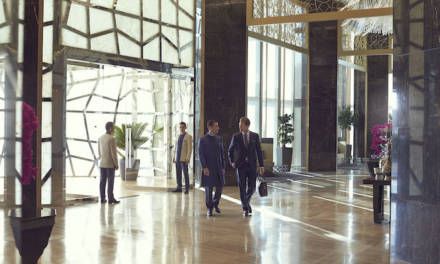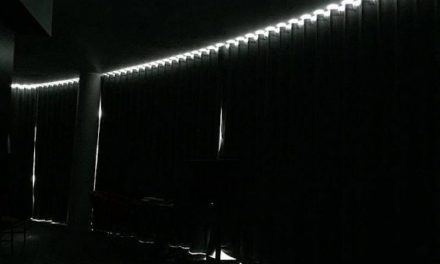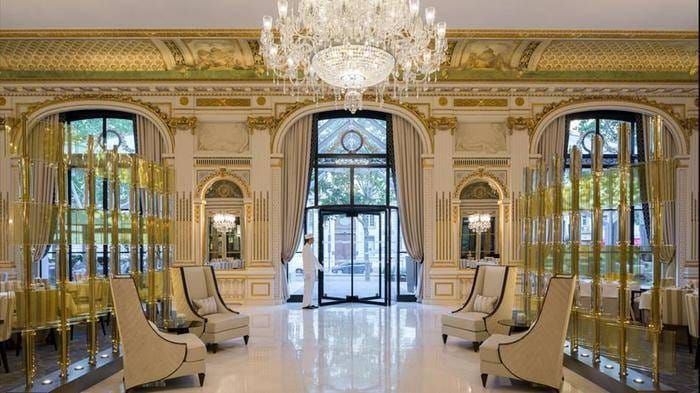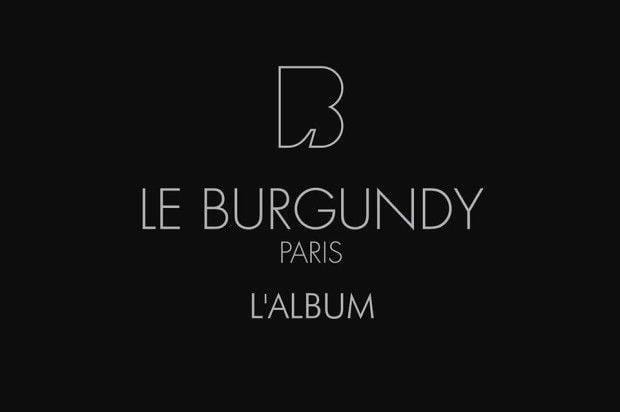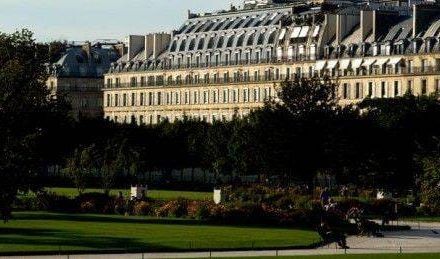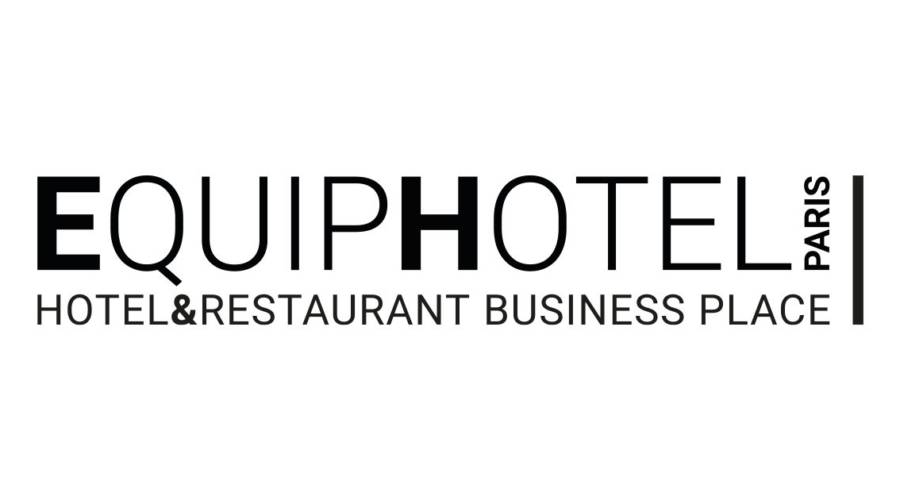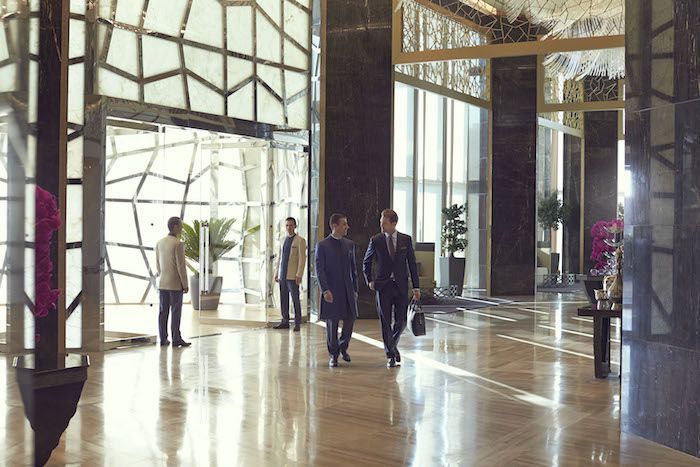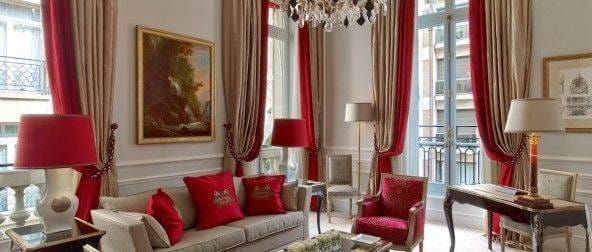Numerous international brands go looking in search of French expertise in the luxury hotel world. A considerable number of hotel managers around the world are French. They thus pass down their expertise to their teams on a daily basis and see to the excellence of their service. This goes the same for chefs. The finest hotels always make it a point of honor to name a French chef at the head of their kitchen. A restaurant boasting French cuisine is always a sign of excellence for a Palace. In the world of luxury hotels, France and French products are signs of quality and excellence. Again, we possess a wide range of ancestral expertise that continues to be passed down, and we possess an immense richness of terroir that summons envy from the rest of the world.
Take the brand Sofitel! It brings to life the French art of living around the world and cultivates the “French touch” as a way of differentiating itself from its competitors. Sofitel thus delivers a French vision of luxury hotels based primarily on the use of French brands in its hotels and by highlighting the best expertise in gastronomy, design, and culture, all while welcoming the best of what is being done in the local area.
The notion of service is an integral one in the French luxury hotel industry; does it still exist in France? what type of service remains to be invented?
The digital age and the Internet have vastly transformed our modes of living as well as our modes of consumption since the time they’ve been introduced, as tends to happen with such progress. This is the way it is, and it’s only inevitable. Luxury hotels simply can’t afford to bury their heads in the sandbox to avoid digital innovation or the importance of smartphones in their clients’ lives. They have to integrate it into their service. Too few hotels are actively conscious of it, and they often just wait around to see what their competitors do. The digital dimension can improve their clients’ all-around experience within the hotel, from their arrival in the hotel all the way to checkout.
New consumer behaviors, related in part to emerging forms of social media, have arrived in the hotel industry and have consequently shifted toward holding a different rapport with luxury hotels. The mode of ‘consuming’ luxury hotels has evolved—just look at Dubai or China. This new clientele has grown accustomed to luxury hotels, which are developing more and more of a presence in Paris and Provence, and they have also come to expect an evolution in the range of offers of hotels in France.
There might come about a gap between the generations, and some of the older directors might not be conscious of the stakes involved in integrating digital technology into their hotels. And this is not just a matter that is important to Paris, according to what I hear from certain hotels in Province.
They have to be able to ask the right questions because digital technology will impose new stakes in terms of the level of experience that the client lives out during his stay. Is it necessary to create reception desks the way they were 100 years ago, or should we completely revise our way of welcoming clients?
Once the client reaches his room, should he still be encouraged to take his time to understand the way the hotel works by reading the hotel guide, or might it be better to develop a completely customizable app so that the client can take possession of his room even before his arrival and convey his specific desires for its method of preparation? Should he still use the telephone on his nightstand to communicate with the hotel staff, or wouldn’t it be better for him to communicate via an application on his smartphone in real time, so that he can share an easier exchange with the hotel’s services?
The smartphone is a tool that can allow hotels to develop the client experience and prolong this experience beyond the walls of the hotel. There, too, everything is up to the hotels because that is where the technique exists and functions.
In my opinion, there will probably be a caesura in the luxury hotel industry that will turn out to be a positive force at the end of the day. It will allow clients to be able to differentiate between their experiences among the various hotels. This is what the clients say, at least; it’s becoming increasingly important for them to know what experience they will be able to benefit from when visiting such and such hotel. The more differences there are, the more clients will be able to better choose the hotel that best corresponds to them. There will thus be digitized hotels and there will be those that will stay hotels stuck in the past. These latter hotels may be able to keep their clientele in the first years, but they will have trouble over the course of the years in renewing their clientele.
Peninsula Paris
Laurent Delporte, an editor and conference speaker, is a strategic expert in the sector of hotels. A visionary, he brings his unique look on hotels in service to the decision-makers in the industry, whether to enhance the development of new projects or strategic visions.
Laurent has visited and audited over 350 hotels across the world and also participates in mystery visits to provide quality control for the world’s finest hotels.


 HOME
HOME